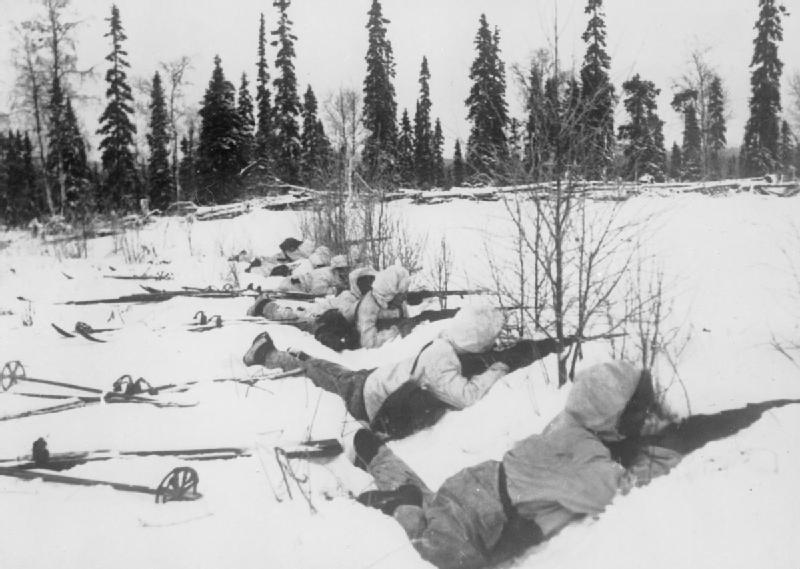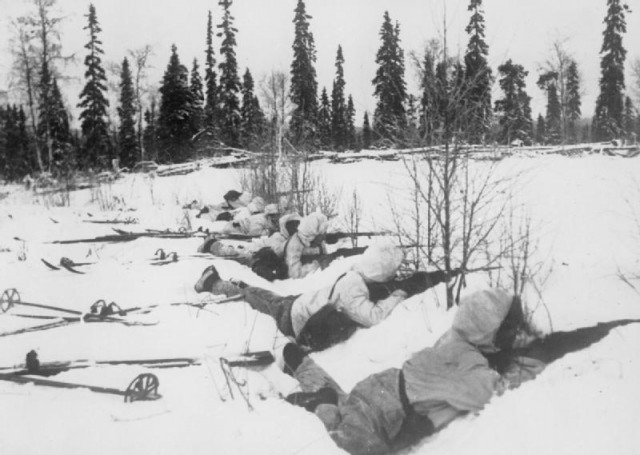A team of Finnish volunteers working to retrieve the remains of World War Two military troops has recovered around 80 Finnish soldiers from the Russian region of Karelia.
The Taipale group are a small group of volunteers led by Finnish Borer Guard Mika Albertsson. They have been researching and locating Finland’s war dead for more than 20 years.
Now their latest find of 80 Finnish soldiers’ remains have been transported through the Russian region to the Finnish border, at Lappeenranta.
It is believed that the soldiers died during combat in the Winter War of 1939 to 1940, as well as the ongoing war through 1941-1944.
The soldiers will all be formally buried and given full military honors.
In total the volunteers have found the remains of over 250 Finnish soldiers and re-buried them in military cemeteries around Finland. Most still remain unidentified given that it has been so long since the war took place and so the majority are re-buried as unknown soldiers.
Some remains have been found still with their dog tags, so identification has been possible and verification by DNA tests. Once confirmed the belongings and dog tags are given to the soldier’s family members.
Mika says that the volunteers attend the formal re-burials and give the dog tags and any belongings to the family members then. Sometimes the families include siblings, as well as children and grand-children.
Mika says it is a good learning curve for the younger generation, and most are interested to learn about the role of their parents or grand-parents during the war.
Finland commemorated the 75th anniversary of its Winter War with the Soviet Union. The war lasted for three months and killed almost 30,000 Finnish soldiers and nearly 130,000 Soviet soldiers, the YLE UUTISET reports.
One standout find for the volunteers was when they were looking for remains in Tali, now in Estonia, and a child’s pacifier was recovered with a soldier’s body. They were able to identify the body and got in contact with his daughter who was still alive and living in the same location for around 40 years.
Mika says that they returned the pacifier to her, and at first she couldn’t comprehend what they were saying. It wasn’t until after the volunteers had left and she digested the news and the pacifier that she understood what had happened. She was thankful to be reunited with part of her past that she thought had been lost.

